Connect with us
Published
7 years agoon
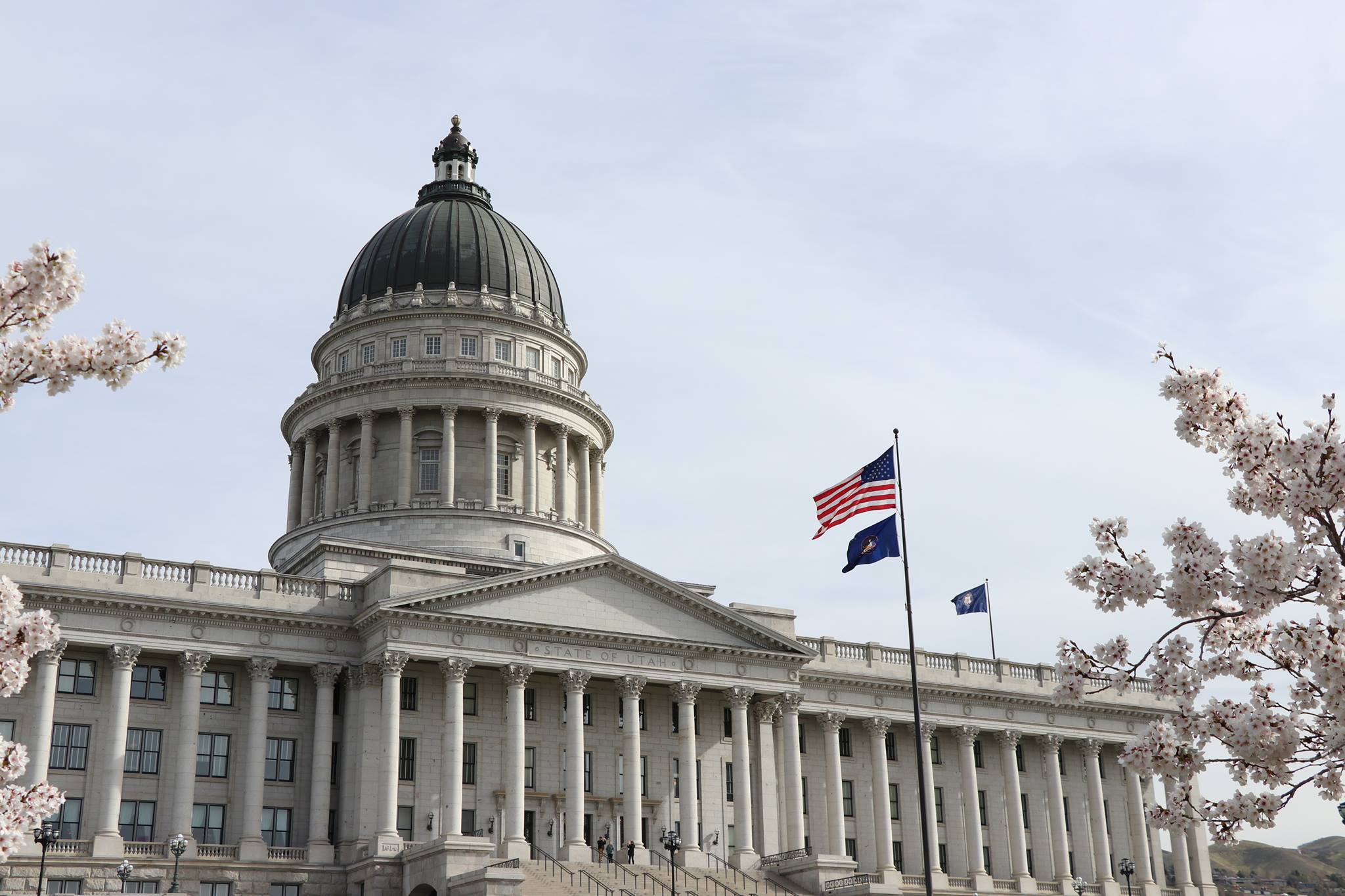
The 2019 Utah legislative session concluded last Thursday. Lehi legislators discussed a few of the bills they passed, their votes on the “hate crimes bill” which received a lot of attention, and how the legislature will move forward on tax reform.
Representative Jefferson Moss (HD 2) said his top focus this session was on budgeting, both with his own bills and as a member of the executive appropriations committee. He sponsored HJR 18, which will require each standing legislative committee to review its entire budget down to the line item over the course of five years.
“I think this will put a lot more discipline and accountability around how we look back at these budgets,” he said.
He also noted the importance of HB 286, a bill that adds a graduation requirement to financial and economic literacy standards. High school students must be able to recognize and compare the differences between economic systems, such as socialism, communism, and capitalism.
Representative Cory Maloy (HD 6) was pleased with the passage of HB 114, a “stand your ground” bill that clarifies that an individual is not required to retreat when threatened. He ran the same bill last year, but it narrowly missed passage when the session ran out of time.
Two of his bills were passed on the final day of the session. HB 319 requires those who pay for ads in ballot initiative campaigns to disclose their identity on the ads. HB 228 implements new regulations with the intent of cutting down on predatory towing.
Maloy said the idea for HB 367, which passed Wednesday, came from the Lehi City Recorder. It extends the deadline for municipalities to file notice of boundary adjustments with the office of the lieutenant governor from 30 days to 60 days
After running the bill for three years in a row, Representative Kay Christofferson (HD 56) finally saw passage of his Teacher Salary Supplements bill. It provides salary increase awards to qualifying teachers in special education and STEM subjects who have been teaching for at least ten years.
Although he had to pare it back from covering all special ed and STEM teachers due to fiscal impact, he hopes it will expand. “It gets them started,” he said.
Christofferson also put a lot of effort into HB 349, a bill requiring state agencies to account for the funds they spend on building use.
Among the sixteen bills he got passed, Senator Jacob Anderegg (SD 13) especially noted his affordable housing bill and water meter bill.
SB 34 requires municipalities to make plans for affordable housing if they want to qualify for prioritization of transportation funds. Municipalities can choose from a list of affordable housing elements in the bill to qualify for funding.
Because of general legislative efforts to limit new spending, $20 million which had been appropriated for a low- to moderate-income housing fund (the Olene Walker Housing Loan Fund) in the original bill was taken out.
Anderegg’s water metering bill, SB 52, went through a lot of revisions. “As watered down as it is,” he said, “I was pleased that it passed. It will at least help us gather the data that we need and then stop the bleeding, so to speak.”
The new law requires secondary water suppliers – which are sometimes cities and sometimes private companies – to develop plans for metering, provides $10 million/year loans to secondary water suppliers who choose to implement secondary water metering, and requires all new construction starting April 1, 2020 to be built with meters for secondary water.
The gravel mining bill, HB 288, was passed within two hours of the end of the session. Anderegg, Christofferson, and Maloy all voted in favor, saying that they feel the bill appropriately balances the property rights of mine operators with the rights of the public to safety, air quality, and referendum. Moss voted against.
A major bill that made headlines was the “hate crimes bill,” SB 103. While Anderegg voted against the first version which came through the Senate and all legislators said they were inclined to oppose it at first, they all supported it after an amendment which includes “political expression” was added.
Moss was not on the House floor at the time of the vote but said he supported the final version.
The bill doesn’t allow intent to be considered in prosecuting a defendant. Instead, it allows increased sentences for those who are first convicted if it is found that targeting of a specific personal characteristic was a motivating factor in the offense.
All four officials said tax reform remains a major issue which must be dealt with soon. The legislature plans to hold a special session to address it sometime this summer. Lehi legislators plan to hold multiple town halls during the next few months to explain the fiscal situation the state is in and get input from constituents.
Moss encouraged people to “get involved, try to understand the issue,” and then bring suggestions to lawmakers for what to include or exclude.
Moss (HD 2)
HJR 18 – require each standing legislative committee to review its entire budget down to the line item over the course of five years.
HB 286 – adds a graduation requirement to financial and economic literacy standards.
Maloy (HD 6)
of HB 114 – “stand your ground” bill that clarifies that an individual is not required to retreat when threatened
HB 319 – requires those who pay for ads in ballot initiative campaigns to disclose their identity on the ads
HB 228 – implements new regulations with the intent of cutting down on predatory towing.
HB 367 – extends the deadline for municipalities to file notice of boundary adjustments with the office of the lieutenant governor from 30 days to 60 days
Christofferson (HD 56)
HB 236 – Teacher Salary Supplements bill. It provides salary increase awards to qualifying teachers in special education and STEM subjects
HB 349 – requires state agencies to account for the funds they spend on building use.
Anderegg (SD 13)
SB 34 – requires municipalities to make plans for affordable housing if they want to qualify for prioritization of transportation funds
SB 52 – water metering bill

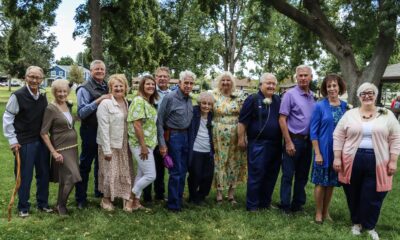

Lehi Heritage Day celebration a “roaring” success
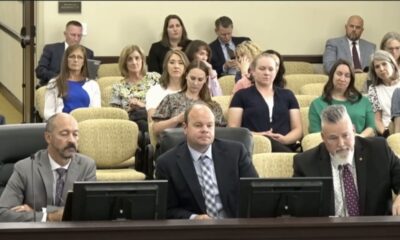

ASD slammed by Utah legislative committee for school closure process; board and superintendent subpoenaed for questioning
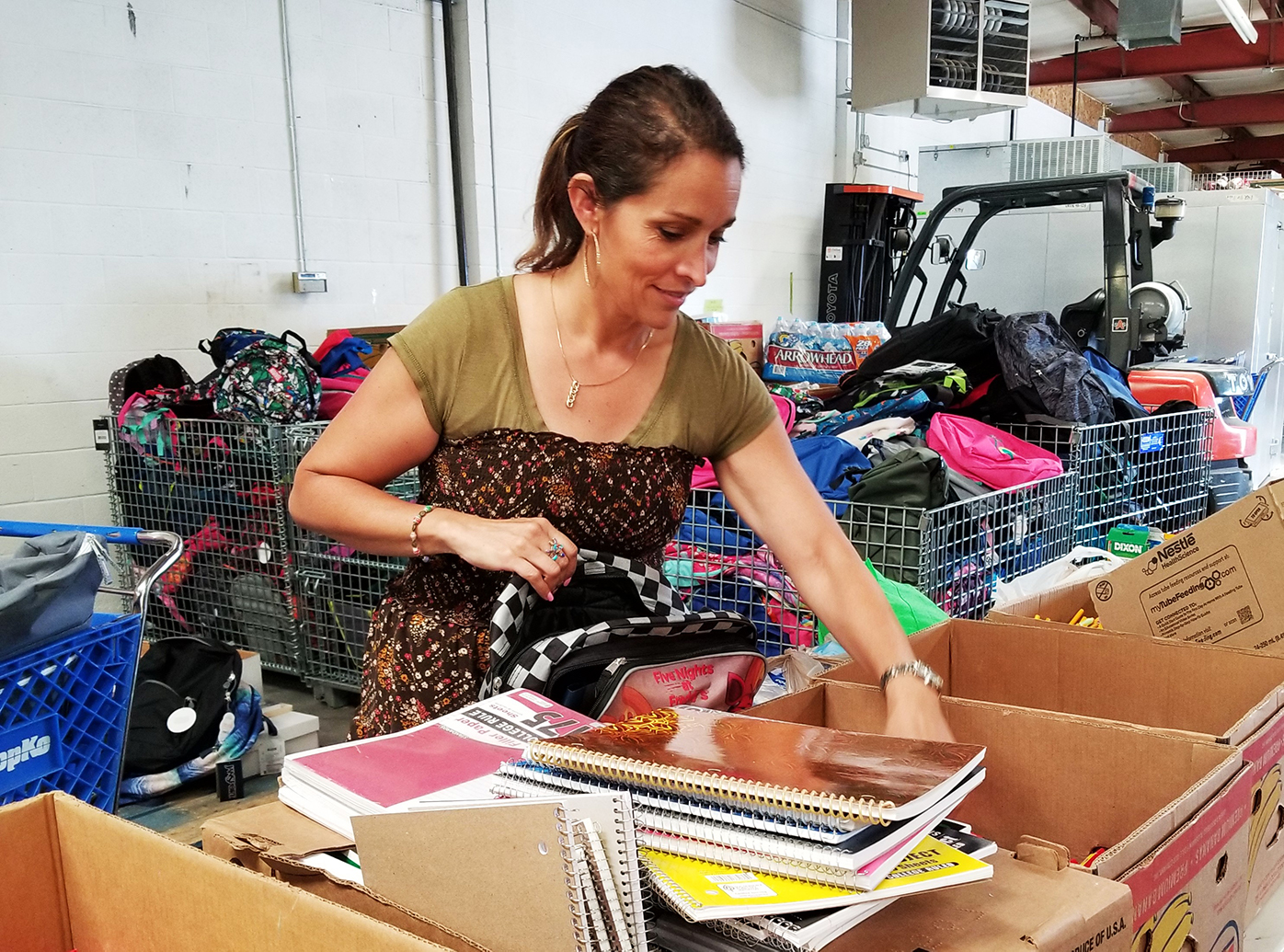

Local food pantry enlists neighbors in battle against hunger
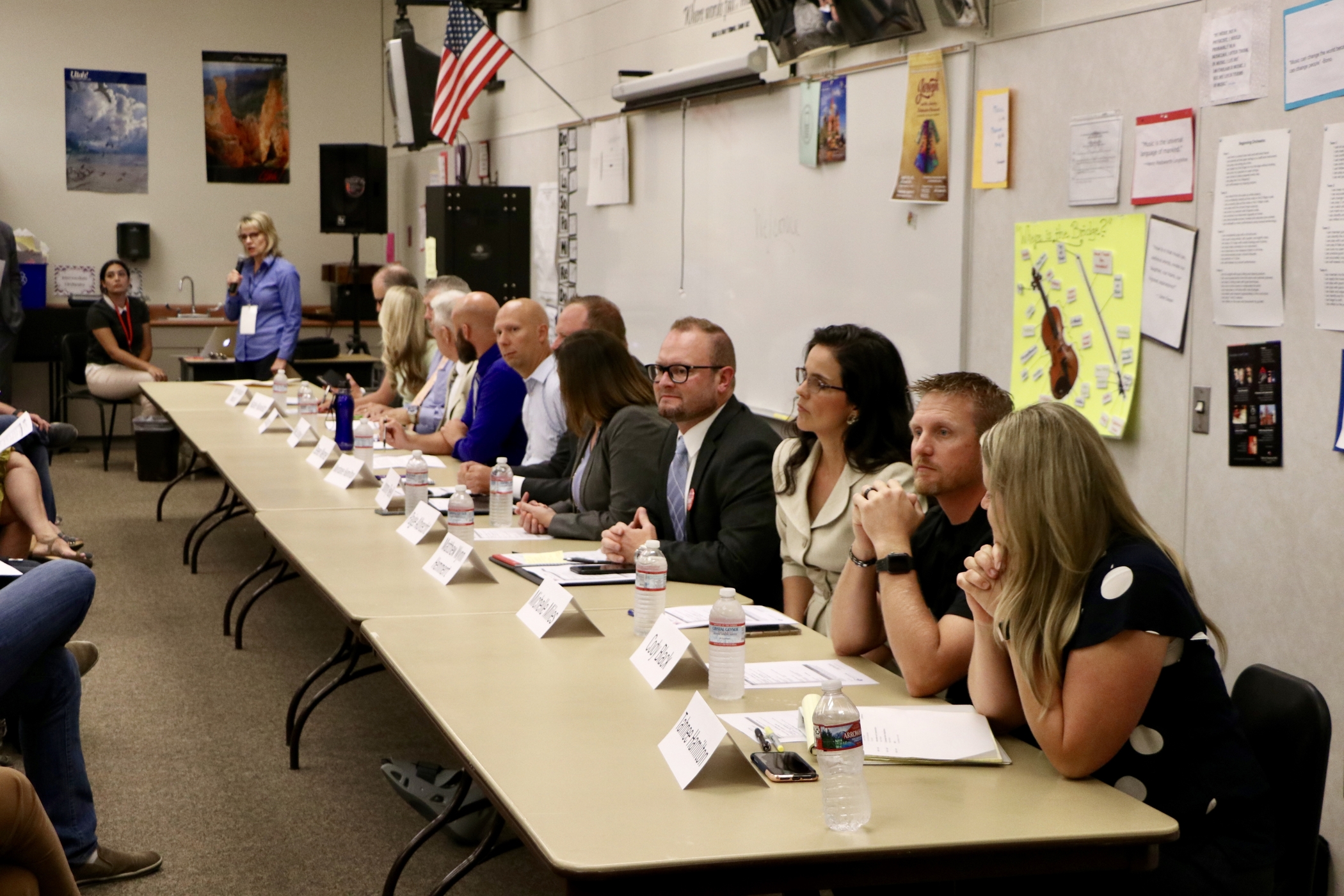

Candidates for Lehi City Council Discuss Positions at Debate


Restaurant review: Padeli’s Street Greek brings sensational Greek flavors to Lehi
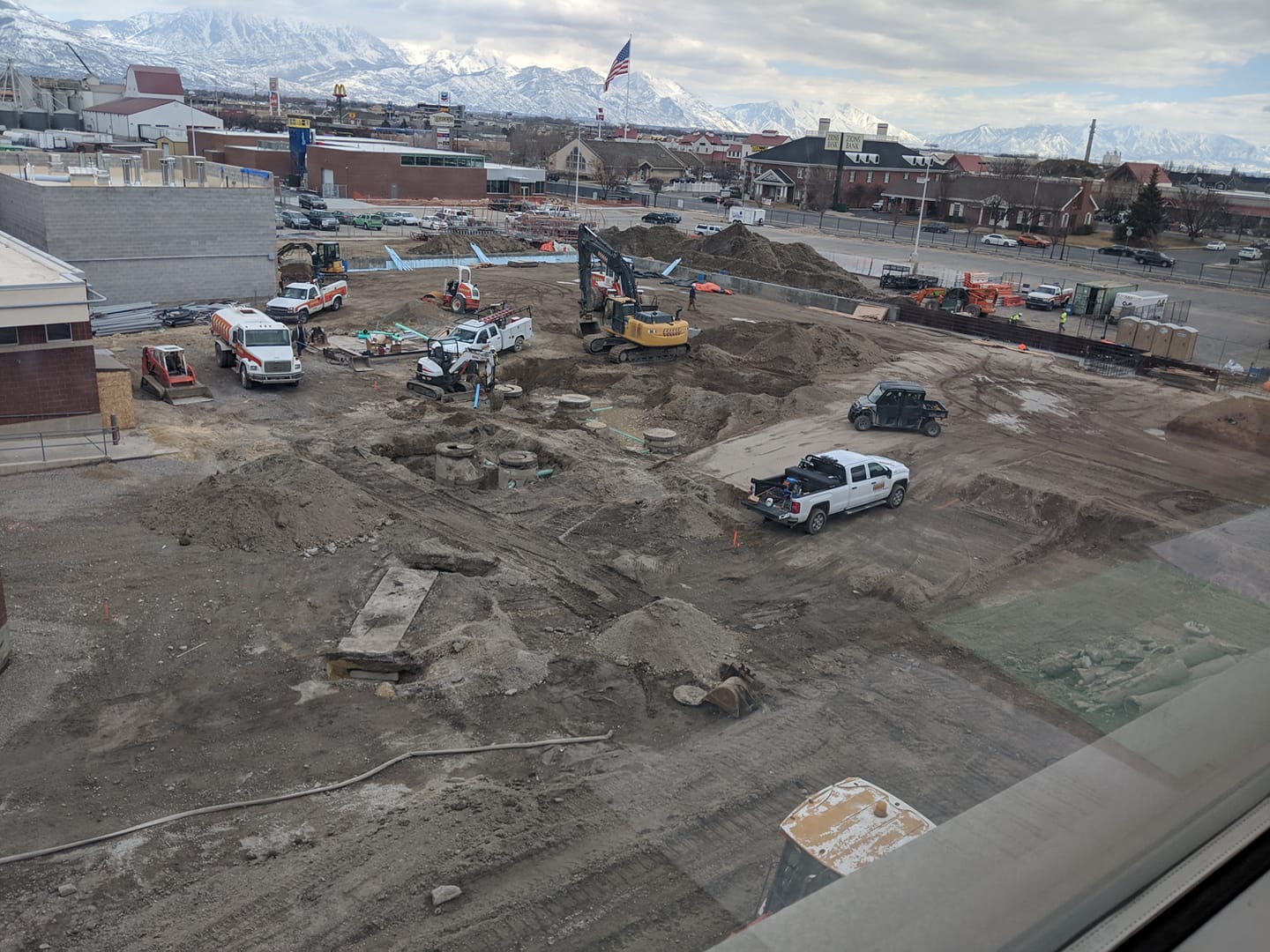

LHS rebuild: What’s for lunch?
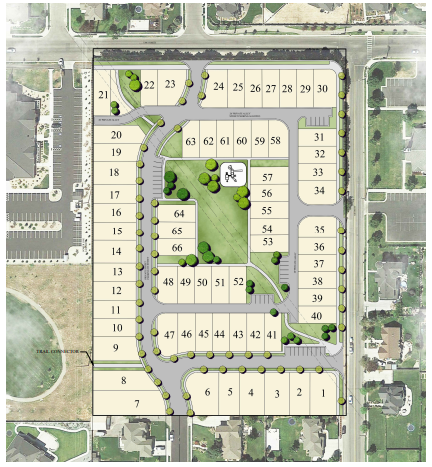

City Council approves revised Dixon Mink Farm, Ivory project


Skyridge Softball wins against Timp and Enterprise, Loses to Springville
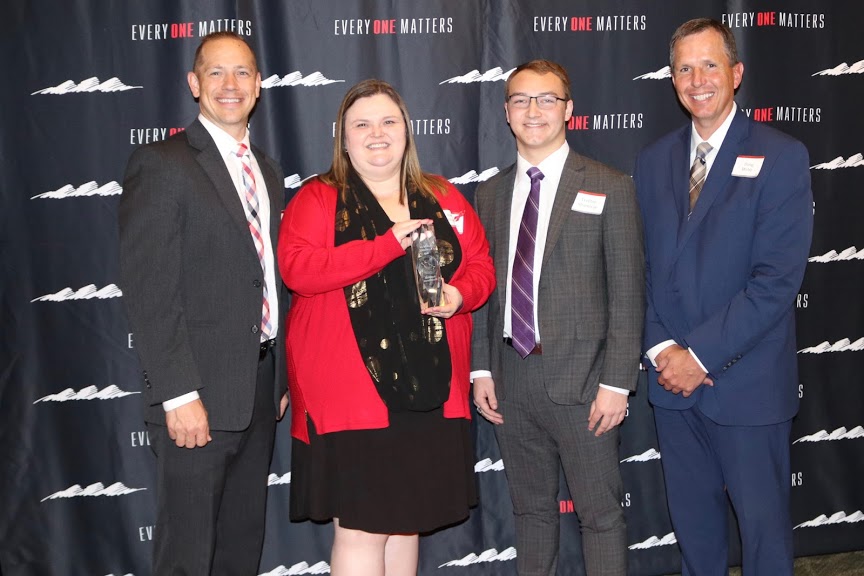

ASD Accent on Excellence awards presented


Run for Your Mom 5K Saturday
